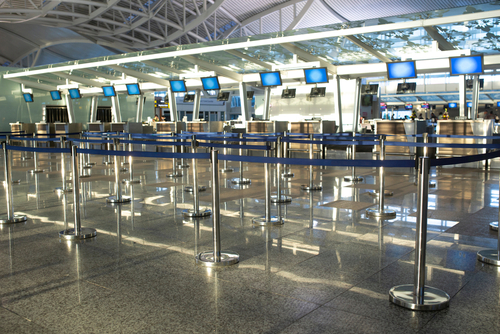
A study by the International Institute for Applied Systems Analysis (IIASA) examined the effectiveness of government travel bans in Europe on slowing the spread of COVID-19.
The study found that international flight connections played a particularly important role in the early stages of the virus’ spread in Europe, and the shutdown of international airports and border closures were important policies to prevent further spillovers across countries.
They found that governments that took early action to reduce cross-border air passenger traffic were effective in preventing the spread of infection. On the other hand, countries that delayed closing their borders to air traffic have higher infection rates. It noted that spread between countries could mostly be explained by international flight connections, not land travel crossings.
“Back in January this year, the virus was often seen as a Chinese and later an Italian problem. Due to the rapid spread of COVID-19 across the globe, however, almost all Western countries reacted by employing measures to contain or delay the spread of the virus,” study lead author Tamás Krisztin, a researcher in the IIASA Ecosystems Services and Management Program, said. “It is important to model daily infection counts across countries to assess the effectiveness of government measures such as border closures and flight suspensions, and also to estimate scenarios of what the infection rate would look like if such measures were not taken.”
As governments reopen cross-border air traffic, they should carefully evaluate where they allow flights to, and which regions they accept flights from, the researchers said.
“In the face of decreasing public appetite for travel restrictions, and understandable concern over the economic consequences of drastic lockdown measures, we want to support and strengthen the decisions taken by European and most other governments in this regard. The policies they introduced appear to have played a particular role in reducing COVID-19 cases, flattening the curve, relieving stress on the healthcare system, and, ultimately, saving lives,” Krisztin said.
The study concludes that air traffic allows the virus to jump countries and continents in a very short time.




